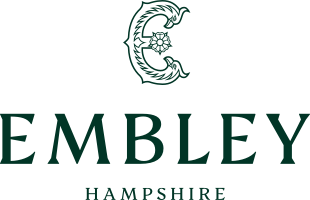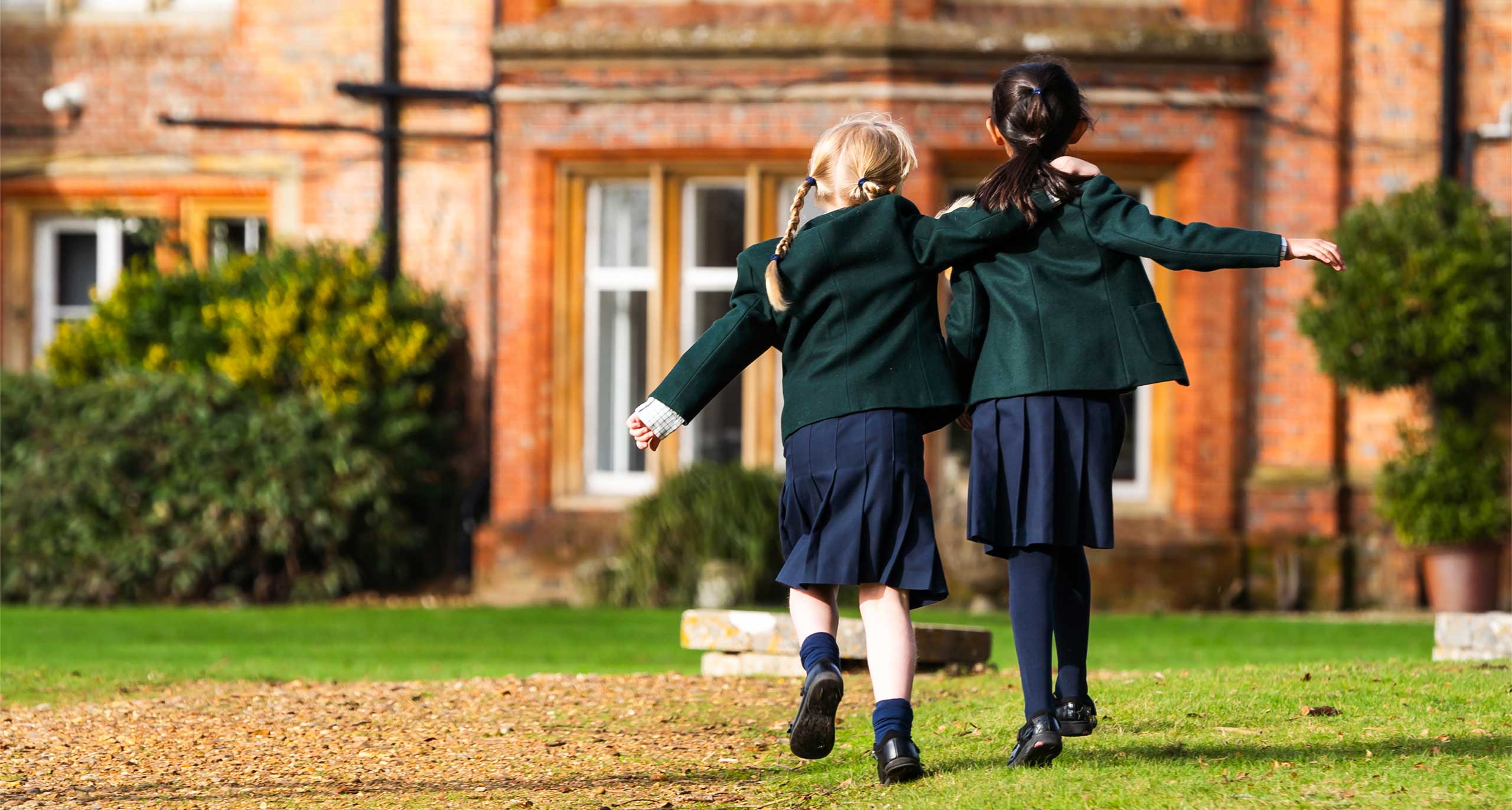I had a very interesting encounter with a small group of students the other day. That may come as no surprise to regular readers of this space. I routinely have interesting meetings and encounters with our students, but this one was more than a little unusual. We ended up discussing false consciousness and the degree to which we may all be suffering from illusions of our inheriting or imagining; the trick of it all is to work out what is real and what imagined.
January and February are unbelievably busy at Embley. It is our entrance season, and we host hundreds of interviews with prospective students and families. I have written here in the past about my questions about what they are looking for and about what we are looking for in them (‘What we value’). Recent accolades for Embley illustrate how far and wide our work is being recognised but also the kind of work we do. Parents are looking for a “good” school for their child, what does this ‘good’ look like? Every parent is deeply concerned to get this right, fair enough, the child only has one chance and as a parent you don’t want to get it wrong. So how to choose?
It is tempting to go for what you know - “I had a great school therefore good is defined by my experience” - but is your child really that much of a replica of you? Surely the “good” school would appeal to more than one type, stand the test of time and be relevant in whatever context and for whatever child. Such is Embley.
In one instance I was told a parental concern arose because the children here seemed so happy, “Shouldn’t they be a bit worried about results?” My reply was why? The children’s happiness is a consequence of their being formed in a context that is attentive to their humanity, their individuality and one where we invest a huge amount of time in personalising our approach to them. What sort of false consciousness develops a scepticism that a happy school may not fulfil the criteria of being a good one?
Results. Good schools get good results, don’t they? By the way, are results the only metric of a good school? Oh, and which results are we thinking about? The quality of a school’s results are crucial, it is a fundamental test that speaks to the quality of education and how children are being formed. It absolutely is, there is no escaping it. But shouldn’t we look more granularly at what the results tell us? Are the results good because children are über motivated and achieve in spite of, not because of, the institution? The slavish formulaic adherence to exam criteria will do no end of good in getting through a public exam and there is a place for learning how to play the system, but it hardly makes for a “good” school.
A good school is one that has the capacity to create curious individuals interested in a diverse range of ideas and activities and open to the possibilities adventure has to offer. They have a plasticity of mindset that allows them to be their own person, to think deeply and critically and to sort wheat from chaff. Such are the happy children at Embley. We get results: top 1% nationally for English and Maths and top 5% of schools across all subjects at A Level. But these happy and humble children are so much, so very much more.
They are the Renaissance individuals of the modern world. Rounded accomplished and thoughtful. I have often tabled Montaigne’s "homo sum humanae a mei, nihil alienum puto” as the model of and for what we do here. It echoes in Irenaeus’ glory of God being a human fully alive and the mid 19th Century ideal of a university as espoused by Newman. It cannot not prepare children for the world, for relationship, for society, and for work. Their needs are many and varied, they need to grow and to be themselves. This latter point is increasingly difficult in a digital world that would have them be clones of convenience and a false consciousness of corporate construction. They need to achieve but also to experience the growth that comes when they fail, learn and move on. The object of a good life is to be fulfilled, this will lead to happiness, the object of a good school is to fulfil the needs of the children. They will then by definition get excellent results because they are well formed and happy, they just can’t help it.
MORE BLOGS —
Parent wants
Been a busy few weeks – though when isn’t it? I have spent quite a bit of time speaking with Prep School Heads.
Bridges
In January 1942, in a small suburb just outside Berlin, a group of engineers, scientists and logicians gathered to map out a strategy that would change the face of Europe.




